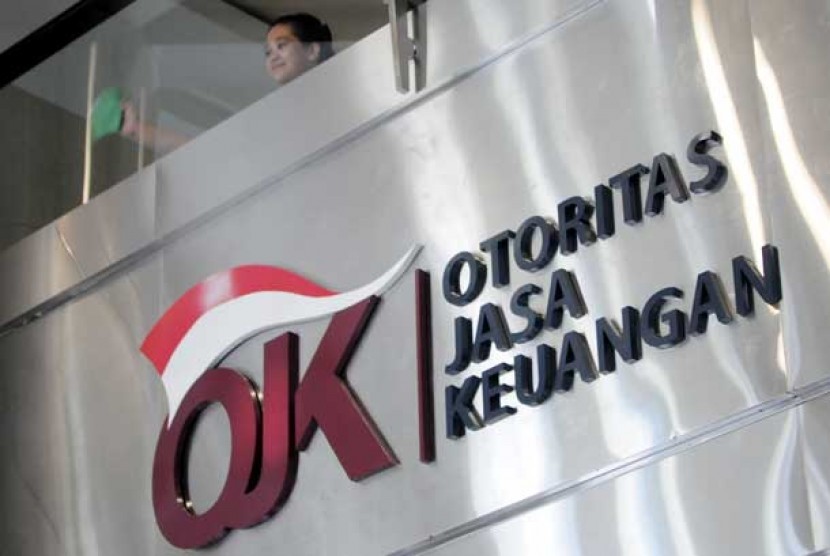REPUBLIKA.CO.ID, JAKARTA -- Bank Indonesia urged banks to increase its capital reserves. It is required to anticipate losses of excessive credit growth, which threatens national banking system.
BI's Director of Communication Department, Peter Jacobs explained that capital increase would be included the revision of BI Regulation No. 15/2013 on Capital Adequacy of Commercial Banks. It will be implemented on January 1, 2014. The rule aims to strengthen bank capital aspects of quality and quantity adjusted to international standards of Basel III.
There are three main fundamental rules in changes of minimum capital of commercial banks. One of rules; banks are required to provide minimum core capital, from five percent to six percent of Risk Weighted Assets (RWA). For main core capital, banks are required to set the lowest level at 4.5 percent of RWA, both individual and consolidated subsidiaries.
"Banks are also asked to establish its counter-cyclical buffer. This additional authority specifies percentage of capital in range of zero to 2.5 percent of RWA," Jacobs said recently.
Chief Executive of Banking Supervision of Financial Services Authority (OJK), Nelson Tampubolon said that national banks' liquidity was still safe, despite strong credit growth and high foreign capital outflows. OJK has conducted several tests on banking industry. The result, it has no significant impact on bank performance in the country.
National banking industry still has good quality. It is shown the monetary operations reaching 235 trillion IDR, while government securities reach 250 trillion until now.


